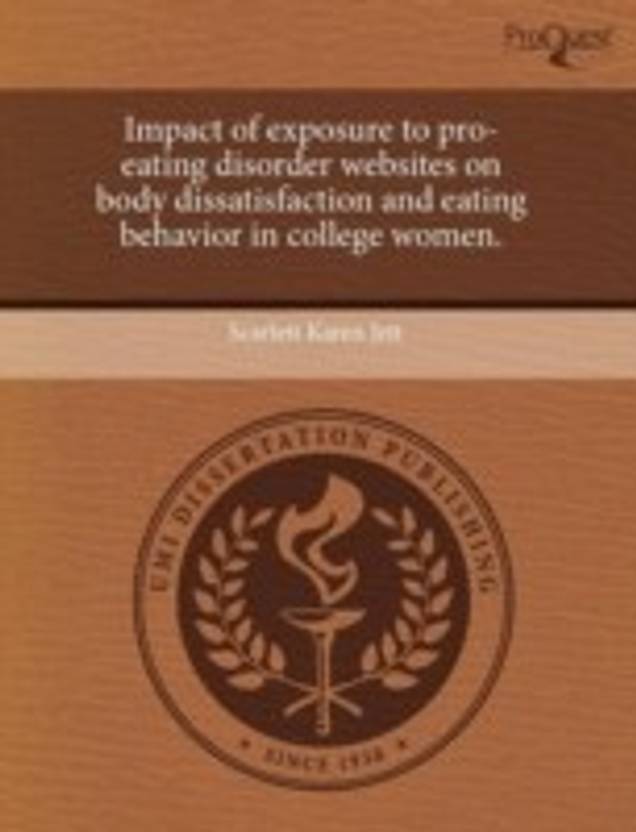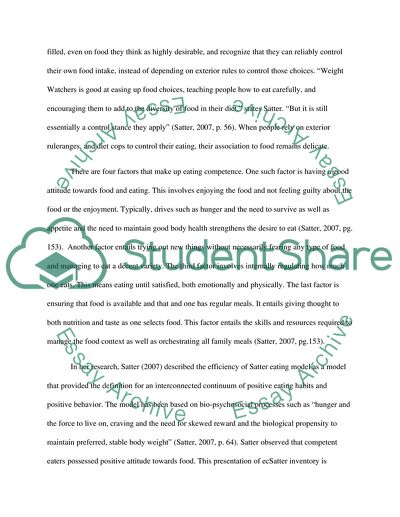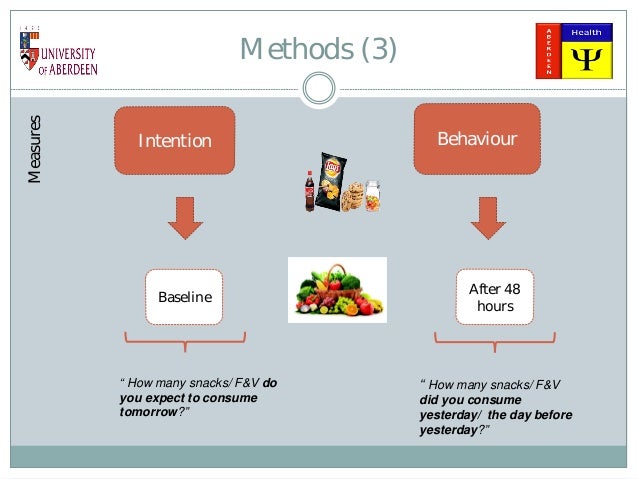Are you having trouble finding 'eating behavior dissertation'? You can find all the information on this website.
Table of contents
- Eating behavior dissertation in 2021
- Google scholar
- Explain the differences between serving sizes and portion sizes.
- In your opinion, why are a person's hands a useful tool when estimating a serving size?
- Compare and contrast the nutritional needs of infants and adults.
- How to eat slower
- Which food is considered high-protein/low-calorie?
- Eating behavior dissertation 08
Eating behavior dissertation in 2021
 This picture illustrates eating behavior dissertation.
This picture illustrates eating behavior dissertation.
Google scholar
 This picture representes Google scholar.
This picture representes Google scholar.
Explain the differences between serving sizes and portion sizes.
 This picture shows Explain the differences between serving sizes and portion sizes..
This picture shows Explain the differences between serving sizes and portion sizes..
In your opinion, why are a person's hands a useful tool when estimating a serving size?
 This picture representes In your opinion, why are a person's hands a useful tool when estimating a serving size?.
This picture representes In your opinion, why are a person's hands a useful tool when estimating a serving size?.
Compare and contrast the nutritional needs of infants and adults.
 This picture illustrates Compare and contrast the nutritional needs of infants and adults..
This picture illustrates Compare and contrast the nutritional needs of infants and adults..
How to eat slower
 This picture shows How to eat slower.
This picture shows How to eat slower.
Which food is considered high-protein/low-calorie?
 This image demonstrates Which food is considered high-protein/low-calorie?.
This image demonstrates Which food is considered high-protein/low-calorie?.
Eating behavior dissertation 08
 This picture representes Eating behavior dissertation 08.
This picture representes Eating behavior dissertation 08.
What kind of food do university students eat?
However, European literature on dietary intake in university students is scarce. In a Greek study [ 13] university students showed significantly higher intake of total and saturated fat and lower intake of poly and monounsaturated fat, folate, vitamin E and fibre, compared to the American Heart Association guidelines.
Why are eating habits important for university students?
Therefore, prevention programs countering unhealthy eating habits in university students are needed, in order to prevent an increasing prevalence of overweight and obesity in later life. To develop effective obesity prevention strategies it is important to get insight into factors influencing eating behaviours in university students.
What is the theory of compromised eating behavior?
The Theory of Compromised Eating Behavior was developed and describes the process of compromise older adults experience related to eating behavior while hospitalized. The Theory has four stages: self-indication, joint-action, negotiation, and action.
What are the determinants of eating behaviour in university students?
According to recommended focus group methodology [ 27 ], a semi-structured question guide (see Table 2) was developed by the research team, aiming to identify factors influencing university students’ health and weight related behaviours (including eating (and drinking) behaviour, physical activity and sedentary behaviour).
Last Update: Oct 2021